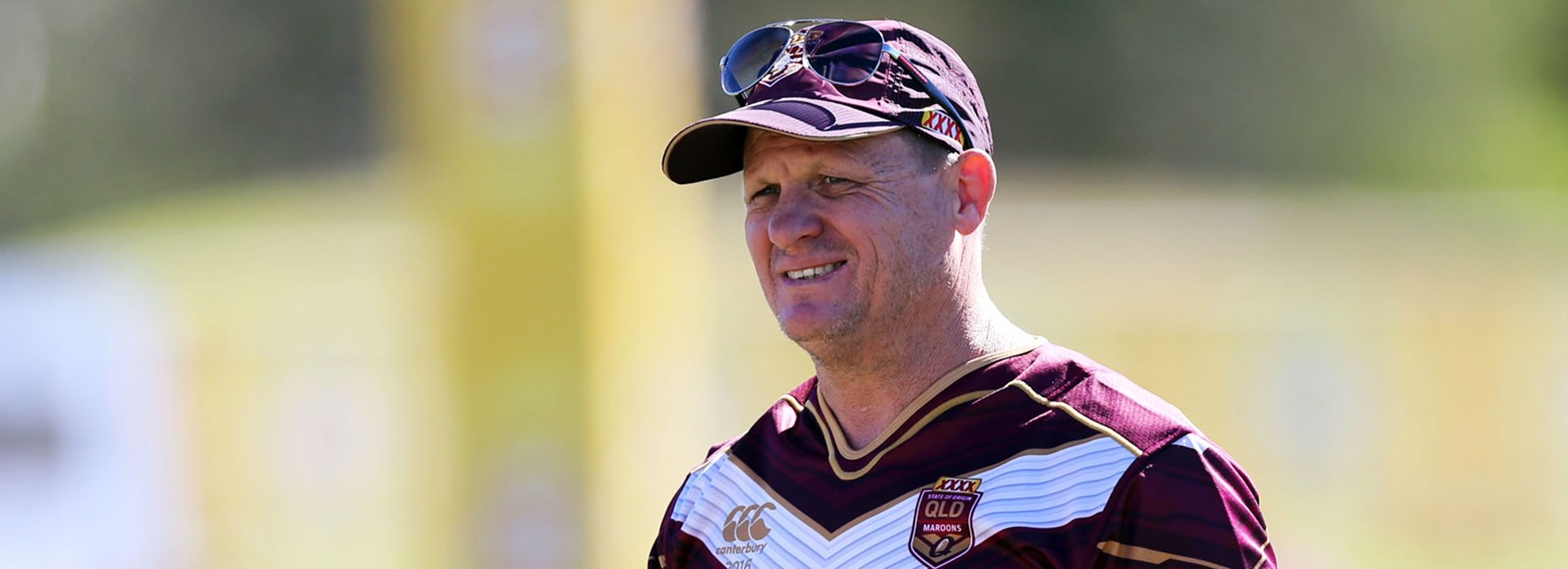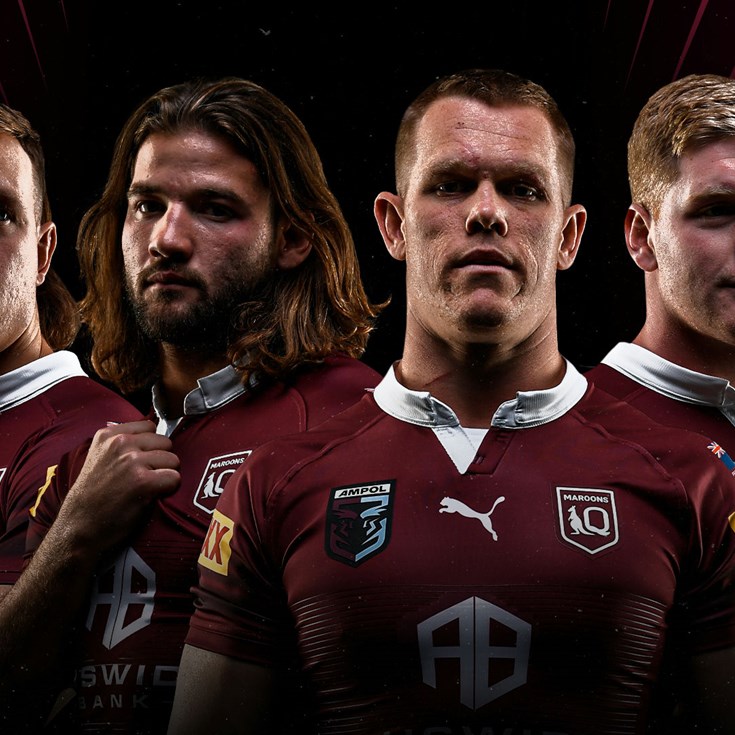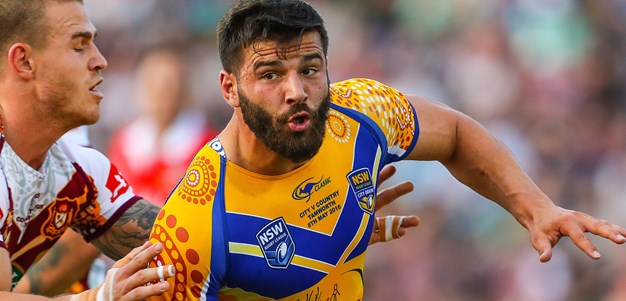
Understanding Kevin Walters the coach takes just one simple question: if the Maroons get a penalty on Wednesday night, do you take the two?
"I'm not a big fan of taking the two and I'll be telling Cameron that."
But if you expect to see Walters spend 80 minutes barking instructions from the upper reaches of ANZ Stadium to be relayed to some of the modern greats of the game you'd be mistaken.
Ahead of the most pressurised appointment of his coaching career – the opening game to the 2016 Holden State of Origin Series on Wednesday night – Walters has decided to adopt more the Wayne Bennett method of quiet contemplation rather than the emotional roller-coaster Craig Bellamy rides each week at the Storm.
His players will enter the playing field armed with the game-plan Walters wants them to execute but if they receive a penalty at a crucial stage in the game there won't be any sideways glances to see what the coach thinks they should do.
"I hate that. I don't like that at all," Walters told NRL.com of many players' inability to sum up the game situation.
"As good as some people think coaches are, the player knows best, on the field and in the moment.
"They're going to make some bad decisions but you've just got to trust and believe that most times they're going to get it right.
"And if people don't go for the two, you don't have to score for it to be a successful decision.
"It's hard enough to get down in that zone and it would be fair to say, out of respect for New South Wales, they're going to score more than two points.
"With the players they've got and the ability they've got we can't kick six penalty goals and expect to win the game. I wouldn't think that's going to happen.
"Cameron [Smith] has captained more Origins than anyone and he'll know the right thing to do and we'll support him on that.
"The players need to take a lot of responsibility for what happens on the field and for them to do that they need to play it their way.
"We'll have some game-plans and the like and if we get off that then we'll send some messages down but particularly with the players that we've got on the field, you'd think they'd be able to come up with some smart decisions and the right decisions when they're under pressure."
Succeeding Origin's most successful coach, Walters appears to have the right mix of studied technician and one who is at peace with his own fate being in the hands of others.
Following his 291 games as a player with the Raiders and Broncos, Walters moved into a coaching role with the Broncos soon after retiring before a clean-out by Wayne Bennett of his support staff saw him land in the arms of Catalans as the Super League club's head coach in 2009.
The language barrier contributed to just one win from his first six games as coach but by the end of the season they had come within one win of the Super League grand final, falling to eventual champions Leeds in the preliminary final.
Walters admits he went to France very raw in coaching terms and made mistakes – mistakes that would have been magnified ten-fold had they occurred whilst in the top job at an NRL club so early in his coaching career.
Recruitment was an area he says where errors were made but initially the challenge was simply to communicate his vision to his players.
"I found it difficult establishing that connection with the players because it's hard to build a relationship with someone when you can't communicate with them," Walters said.
"I thought that I could pick up the French language a little bit quicker than what I did and I thought that their English would be a little bit better.
"I thought we could meet somewhere in the middle but that wasn't the case.
"I probably learnt this from Wayne Bennett more than anything, how important the man management side of it is.
"He's not the greatest of tactical coaches, Wayne, but certainly knows how to connect with his players and that's really important."
Walters returned to Australia in 2011 to work under Bellamy at the Melbourne Storm and then Bennett again, first at Newcastle and then the Broncos, and says the greatest lesson he has learned is that success hinges completely on the roster at your disposal.
"In some ways coaching can sometimes be over-rated. The impact that you can have can be minimal sometimes depending on what your playing group is," Walters told NRL.com.
"Coaching a team like this Queensland team when you have got such quality people playing in the jumper, it just makes your job so much easier.
"The great thing that I learnt was that if you want to be successful as a coach – winning trophies – you need to have good people underneath you. There's only so much you can do as a coach.
"All the premiership teams have had great players and your job is to get the best out of those great players and pick them up that one or two per cent. If you're doing that I think you're doing your job.
"Some coaches over-coach to a point where they want to be the player and that doesn't work. I look at guys like [Anthony] Milford and [Ben] Hunt, Michael Morgan, Johnathan Thurston, that style of player, they just need to be pushed in the right direction rather than dictating how they are going to do things."
So what does a man who played 20 times for his state believes it takes to win State of Origin matches?
"Keep it very simple. Be very disciplined with and without the ball and good in defence," he said.
"Because I've been around the last two years I feel as though it's been a pretty smooth transition for me. I'm not sure how the players are feeling but I'm pretty sure they're comfortable as well but the big thing will be game-day, whether we get a good performance or not.
"We could still have a good performance and lose, which I understand can happen, but we just need a good performance from our players and that's when I'll feel like I've done my job."


